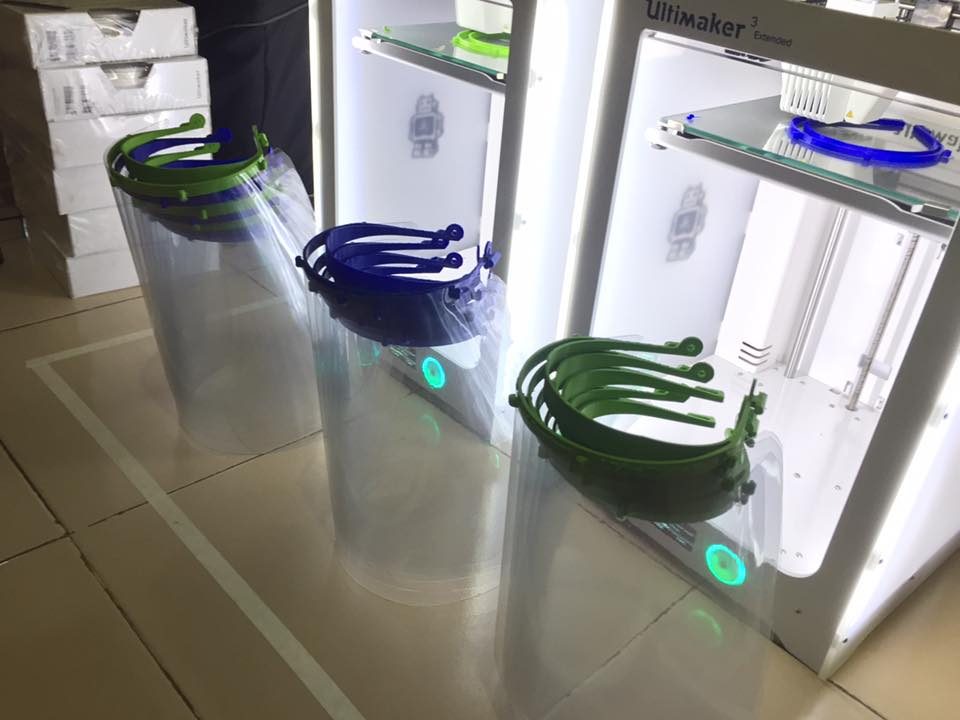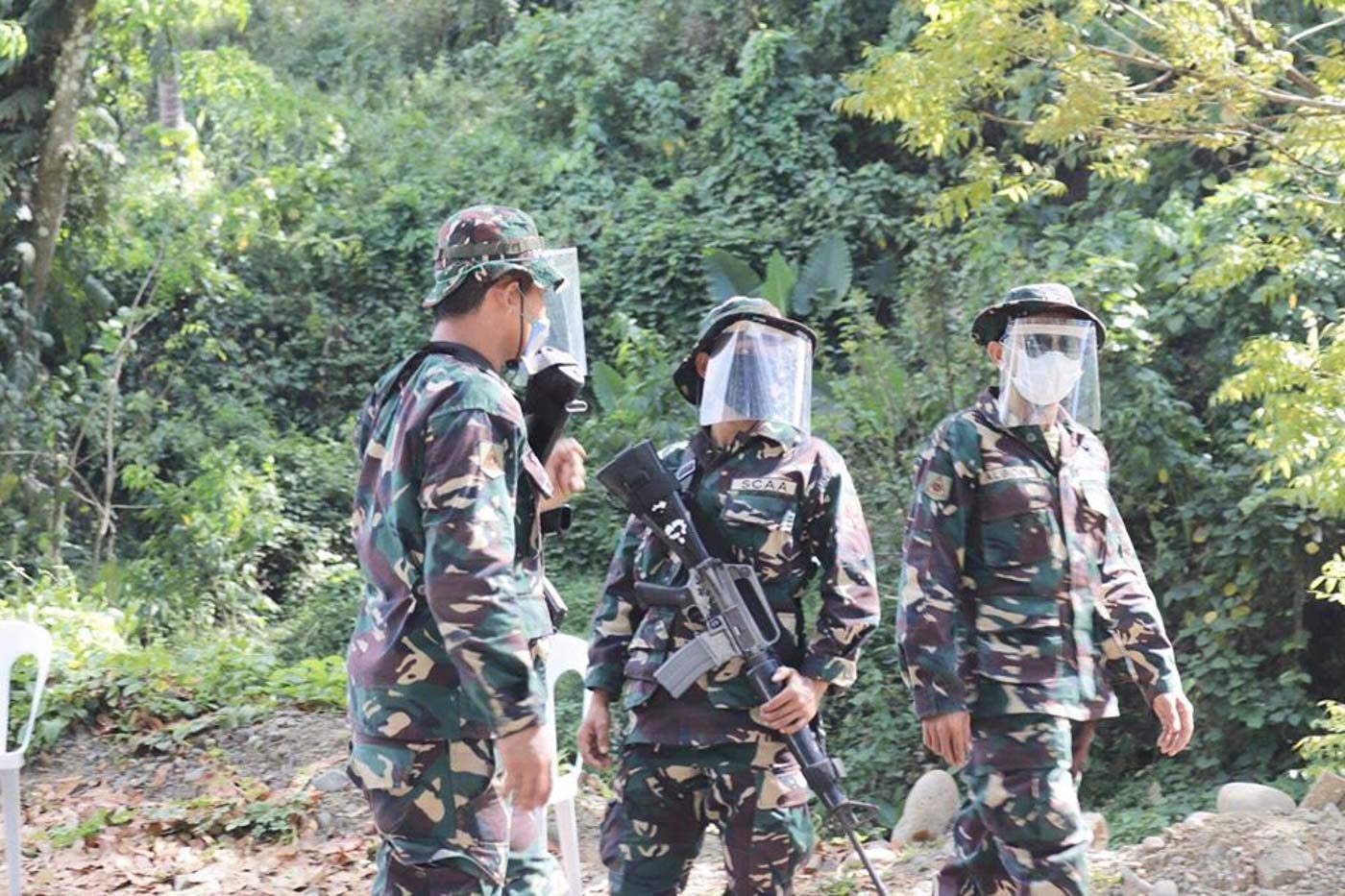SUMMARY
This is AI generated summarization, which may have errors. For context, always refer to the full article.

MANILA, Philippines – Young Filipino scientists and engineers are stepping up to join the fight against the novel coronavirus disease, volunteering their expertise to fill the gaps in the government’s response to the pandemic.
Students at the University of the Philippines-Diliman College of Sciences volunteered to join faculty members and personnel who will be trained and accredited by the Research Institute for Tropical Medicine (RITM) and will be deployed to different testing centers.
The college is also lending its qPCR machines for coronavirus testing and 3D printers for production of masks as it collaborates with experts for “modeling of disease transmission and ventilator production.”
“In this time of crisis, we are all called to help our fellow countrymen…. We are asking the UP Diliman community and the Filipino people to please pray for their safety,” the college said in a statement posted on its Facebook page.
Face shields
At the Batangas State University (BSU), a laboratory is using 3D printing technology to manufacture face shields for health workers as hospitals elsewhere in the country isolate scores of frontliners due to possible exposure to the disease.
“It’s a simple solution we can do with the lab. It is a basic requirement for frontliners as an additional barrier to reduce the risk of viral transmission,” said Louie Villaverde, manager of the school-based laboratory established in 2018 through a grant from the Department of Trade and Industry.
Villaverde said they have sent samples to local health workers and received “very good response.”
The laboratory can manufacture 48 high quality face shields a day, but Villaverde said they are going to need more materials to produce more. “What we use now is whatever is available in the university pero may hangganan ‘yun (but it will run out soon),” Villaverde said.
They will need more acetate films, 3D printer filament, and garters. Villaverde said donations may be dropped off at the BSU campus in Batangas City.

In Zamboanga Del Norte, a laboratory at the Jose Rizal Memorial State University (JRMSU) is also using 3D printing technology to manufacture face shields for the use of health staff and personnel manning checkpoints around the province.
“We have just produced almost 500 face shields,” said Andrew Gallemit, engineer at JRMSU’s new Fabrication Laboratory (FabLab).
“Hopefully materials from the Department of Trade and Industry will arrive tomorrow because we’re receiving requests from neighboring provinces. We have to focus on Zamboanga del Norte for the moment,” Gallemit said.
The university also mobilized all its 5 campuses to distribute food packs and prepared its nursing students to assist if needed.
JRMSU has campuses in Dapitan City, Dipolog City, Katipunan, Tamplisan, and Siocon.
“I am honored and deeply touched by our students’ immediate positive response. They heeded the university leadership’s call for volunteers, not minding the dangers to their own lives,” said JRMSU spokesperson Maisalian Julian Acopiado.
Disinfection chambers
In Nueva Ecija, a group of young electronic engineers designed an improvised disinfection chamber that may be placed along entrances and exit passageways, or in facilities and buildings.
The materials cost P2,500. The engineers offered to build it for free.
“By providing people disinfecting chambers, maaaring mabawasan ‘yung chances na kumalat yung virus (we may reduce chances for the virus to circulate)”, said engineer Alvin Escobar, co-owner of the Elektronik Hub, service provider of electronic components.
Escobar worked with fellow engineers Marc Jerome Queddeng and Nathan Jay Escobar. They are experts in robotics, sensors, and home automation systems.
“We are offering our services for free. This is the least we can do to help frontliners and everyone fighting the spread of the disease,” Escobar said.
Building the disinfection chamber might be a challenge, however, because hardware shops are closed due to the Luzon-wide lockdown. Escobar said they can build it for anyone who can source the materials.
They will need atomizing nozzle, water pump with a high discharge volume, hose, and fittings. They can build the disinfection chamber in one or two days.
As of Wednesday, March 25, the Philippines recorded 636 cases including 38 deaths and 26 recoveries. – with reports from Tina Ganzon-Ozaeta in Batangas and Gualberto Laput in Dapitan City/Rappler.com
Add a comment
How does this make you feel?





There are no comments yet. Add your comment to start the conversation.